Some little habits may be considered normal in the U.S., but that doesn’t mean that the rest of the world thinks the same. If you’re planning a trip soon, it’s important to know about these little quirks before you get to your destination. Here’s 26 “normal” American habits to keep in mind on your next adventure.
1. Using your left hand in Africa, India, Sri Lanka and the Middle East.
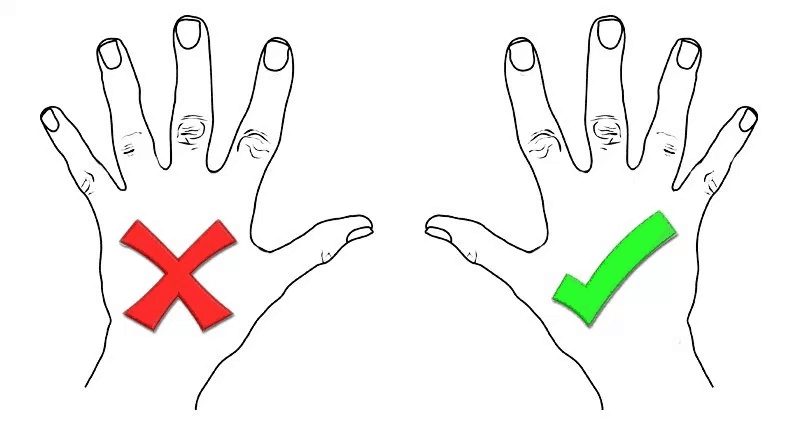
In these countries, they use their left hand to clean themselves in the bathroom in lieu of toilet paper. It’s best if you use your right hand to give and receive items since this gesture is considered a slap in the face when you’re using your left hand.
2. Using condiments on your meal in France, Italy, Spain, and Japan.

Altering the taste of your meal can be considered an insult to the one preparing it. Before you ask for some ketchup and mustard, try looking around if the tables have condiments on them—if not, just don’t do it.
3. Opening a gift in front of the give in China and India.

Though it’s pretty normal to tear open your present in front of the giver in the United States, in the countries mentioned above it’s considered rude. Opening the gifts immediately makes the recipient look greedy and it can also make the giver feel awkward.
4. Wearing flip-flops and sweatpants in public places in Japan and most of Europe.
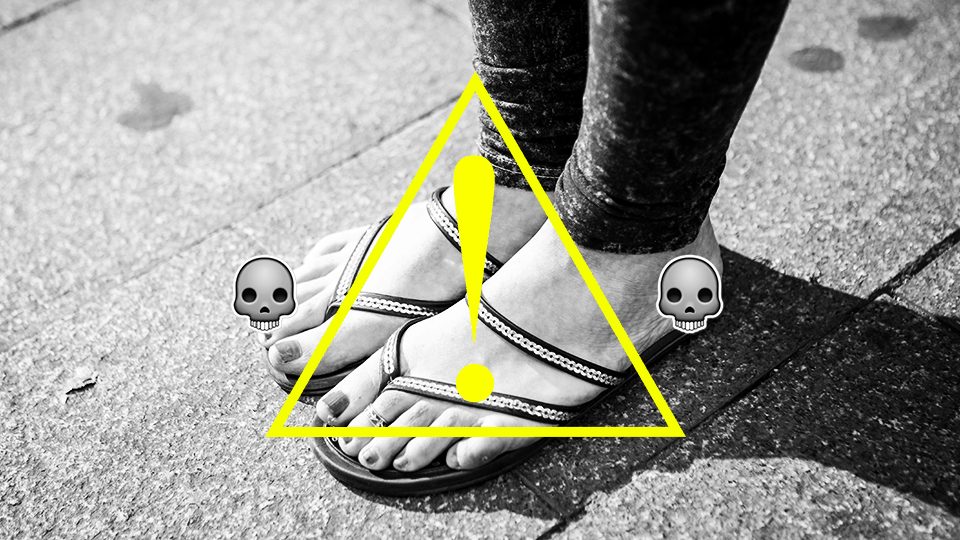
For Americans, going grocery shopping or just being in public while wearing sweats is pretty normal. In other countries though, not presenting your best to the world reflects how you are as a person. If you plan to head out in these places wearing your flip-flops, wrinkly clothing, or sweatpants, just know they might think of you as a sloppy person.
5. Men being topless in South Korea.

Whoops! You can’t just take your shirt off at the beach. Korean men rarely go topless as this is considered too bold. Wear a rash guard instead of bathing topless.
6. Bringing your shoes in someone’s home in Asian countries.
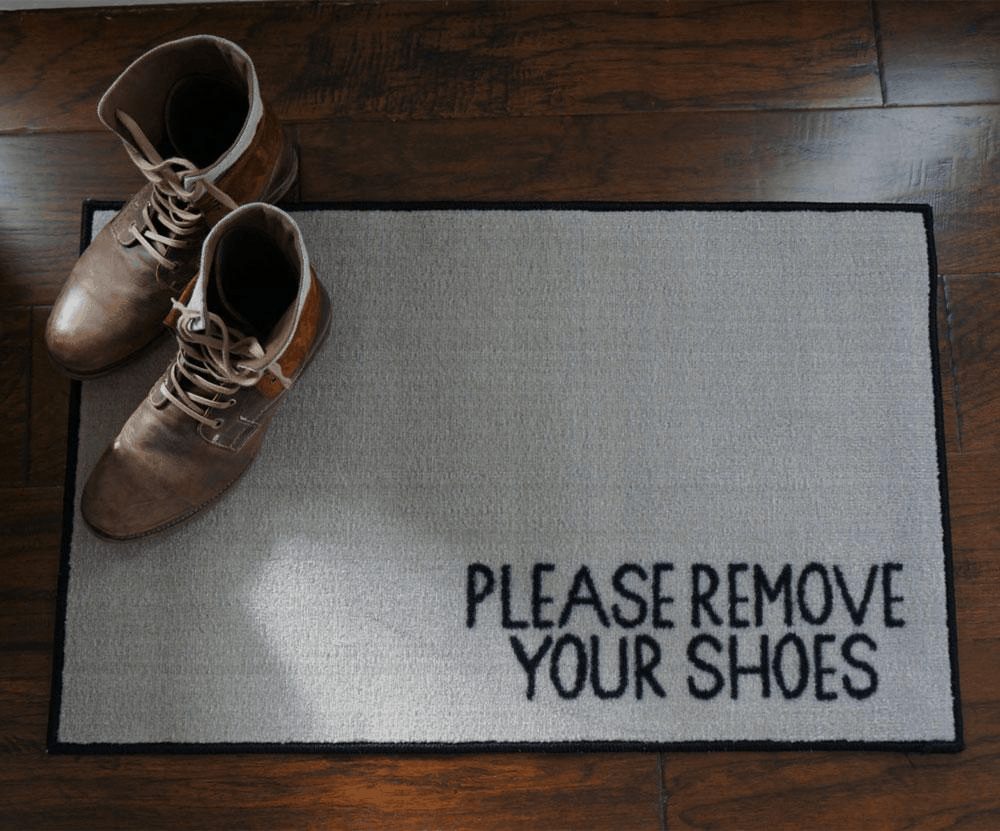
Before you enter someone’s home anywhere in Asia, you should take your shoes off. If you don’t take your shoes off, it comes off disrespectful. In countries like Japan and Korea, they often sit and sleep on the floor so bringing in your shoes would mean that you’re also bringing in dirt from outside.
7. Crossing your fingers in Vietnam.

Though crossing your fingers while you’re wishing someone good luck is a nice gesture in America, don’t even think of doing this in Vietnam. You might get slapped for it because it’s a crude way of saying “vagina” with your hands.
8. Tipping in Japan and South Korea.
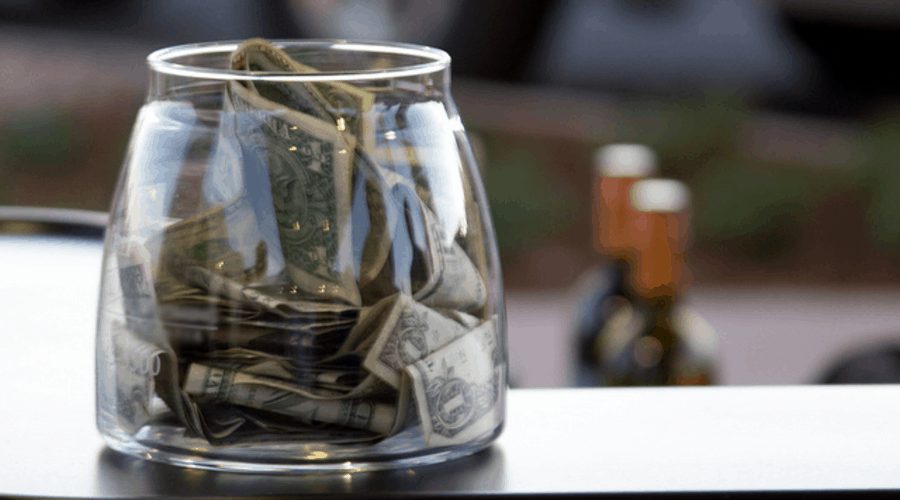
This common practice in the US is frowned upon by the Japanese and South Koreans mainly because they think that they shouldn’t be given incentives for a job well done. It’s the idea that doing a great job is expected and that they’re paid what is due for doing so.
9. Throwing a thumbs-up in Latin America, Western Africa, Russia, Greece, and the Middle East.

This usually means you did good or a good job in the US. But don’t do this hand sign in the places mentioned above or you’re in for a beating because this translates to using your middle finger.
10. Finishing off all the food in China, The Philippines, and Thailand.

In Western countries, cleaning off your plate means that you’ve enjoyed your food. But refrain from doing this in some Asian countries since this will mean that you’re greedy and hungry. In the Philippines, it’s customary to leave the last piece of food in case someone has just arrived and hasn’t had a piece yet.
11. Laughing with your mouth open in Japan.

Japanese women often cover their mouths while laughing. In Japanese culture, women are expected to carry themselves with grace. Laughing boisterously with your mouth open is considered rude and unladylike.
12. Sitting in the back of a cab in Australia, New Zealand, Scotland, and the Netherlands.

Taxi drivers don’t appreciate it when you ride at the back when you’re alone. They would think you’re being rude and haughty because you refuse to sit in front where they can talk to you.
13. Being on time in Latin America and Argentina.

If you’re invited to a party in the places mentioned above, it’s a norm to be late. It’s considered rude to be early or on time in Argentina and Latin America because the host will not be able to entertain you while doing last minute preparations. Arriving half an hour late is ideal.
14. Arriving Late in Japan, Switzerland, Germany, and South Korea.

People from these countries value every minute of their time, so if you’re running late for an appointment, you’ll have to make up for it. In Japan, if you arrive five minutes earlier than expected then you are on time. But, if you come on the dot, you’re considered late.
15. Blowing your nose in public in Japan, China, France, Saudi Arabia, and Turkey.

When you have a cold, it’s best to retreat to a bathroom to blow your nose. In the countries listed, it’s not only considered rude but repulsive to blow your nose in public. It’s a hundred times worse when you blow your nose at the dining table.
16. Touching people in Middle Eastern and Asian countries.
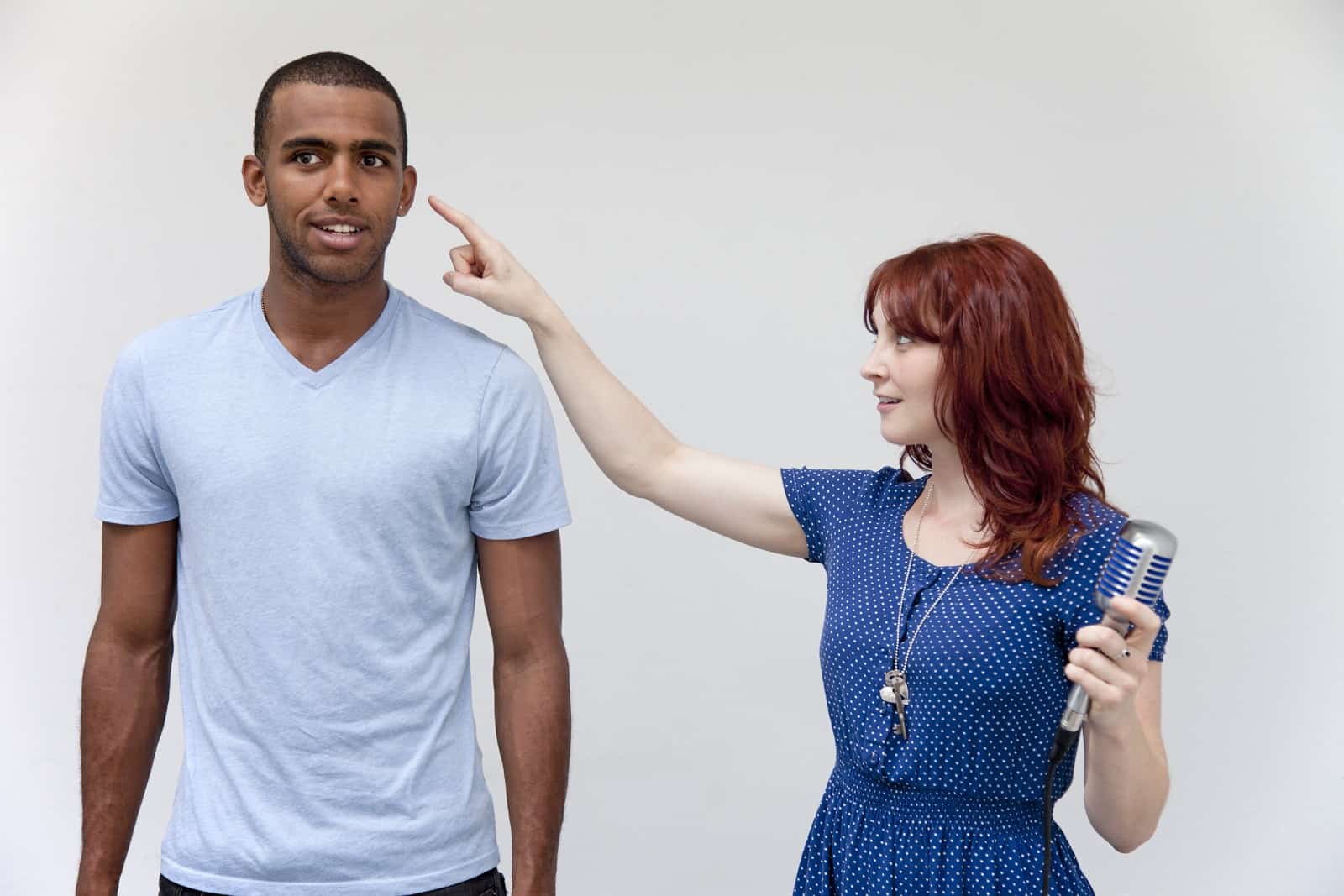
Poking or touching someone to catch their attention, especially the opposite sex, is not practiced in these countries. Personal space is very important to them and hugging people in public even as a greeting is considered offensive. To do these things puts everyone else around you in an awkward situation.
17. Burping in Japan.

Better out than in? Not exactly. While some other cultures translate burping as a sign of appreciating the food you just had, in Japan it’s considered impolite.
18. Eating with a fork in Thailand.

Eating with just a fork is unheard of in Thailand. You’re given a spoon and a fork, and you should only use your fork to push food to your spoon. It’s even better if you eat with your hands instead.
19. Not declining gifts in Japan and China.

Modesty is an important value in these countries and accepting a gift right away without declining it a few times can be considered thoughtless. It’s also impolite when you don’t give something in return or at least offer to.
20. Having one hand in your pocket in Turkey and South Korea.
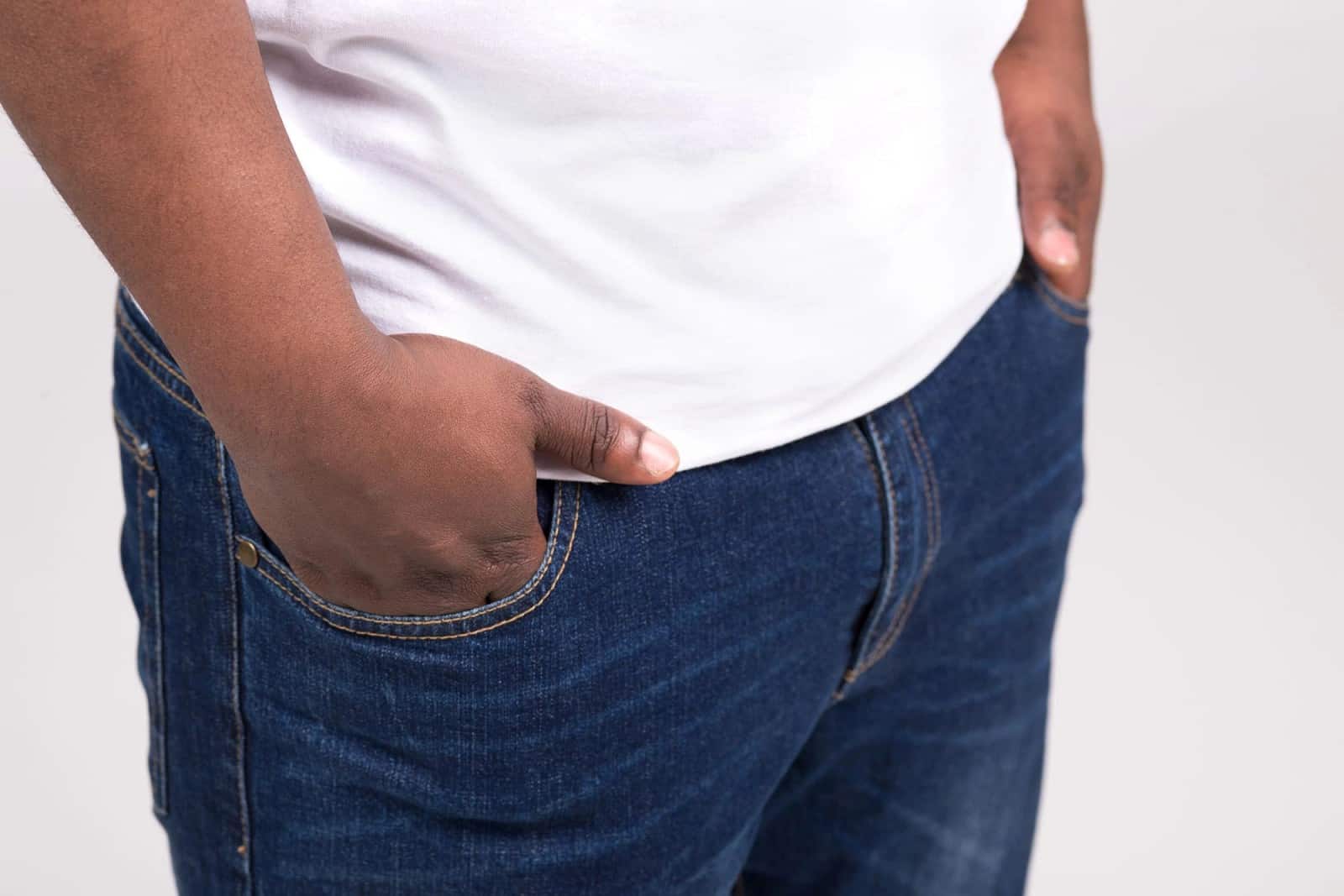
The way you bring yourself speaks so much about who you are in these countries. Even the act of putting one hand in your pocket can be viewed as arrogant—either you put both hands in your pockets or none at all.
21. Calling the United States “America” in South American countries.

The United States of America is part of North America, so to claim that you are from “America” when you’re speaking to South Americans is politically incorrect. It’s best to say you’re from ‘the United States’ because using “America” implies that South America is unworthy of the title.
22. Showing the soles of your feet in Arab, Muslim, Hindu and Buddhist countries.
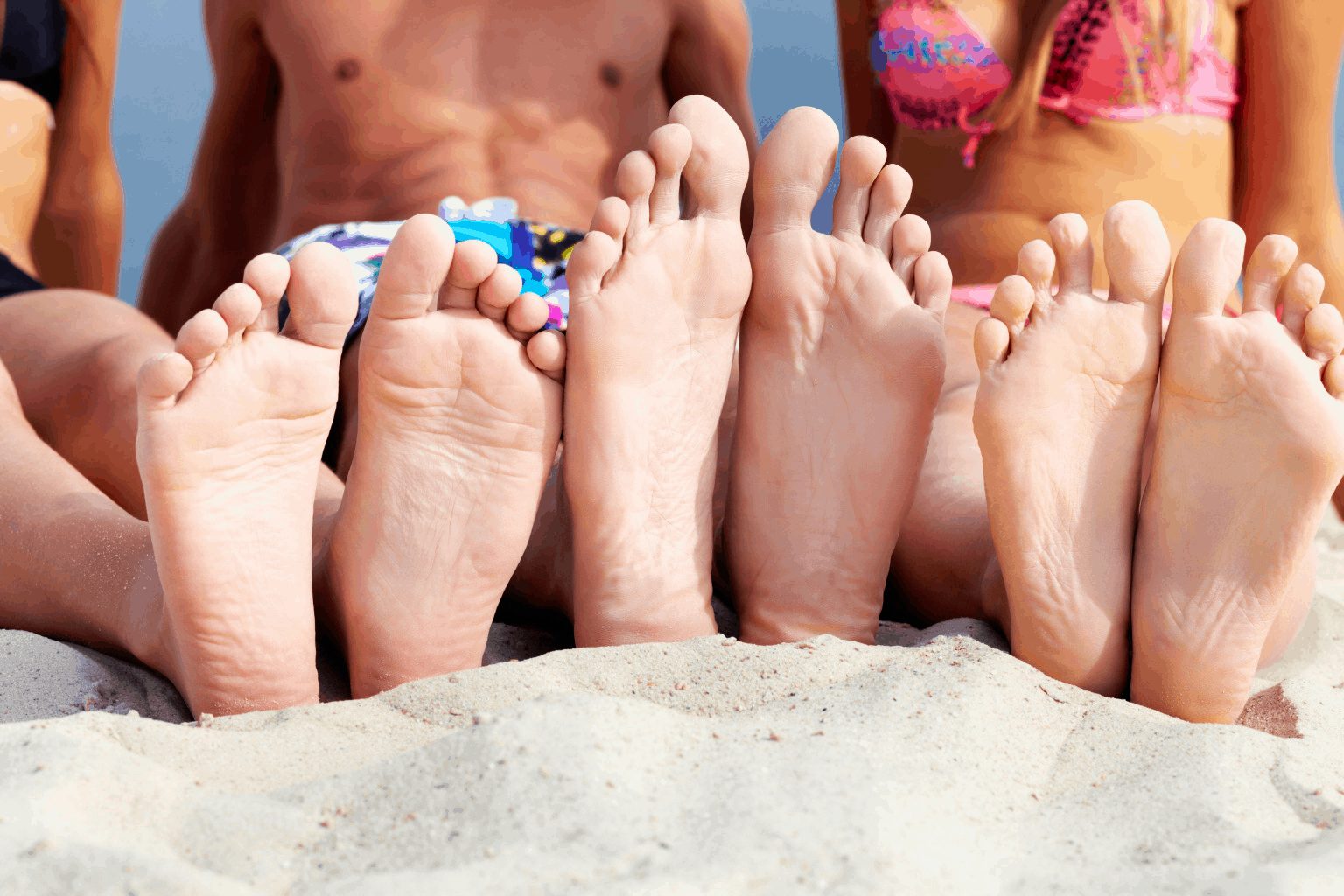
Feet are considered the dirtiest part of our body since we use them to get around. Flashing the soles of your feet to anyone is a sign of disrespect and should be avoided.
23. Not bringing your own alcohol in Norway.

If you’re at a potluck in Norway, make sure you grab yourself a six-pack before you go. Norwegians are notorious for keeping their alcohol for themselves, so keep your fingers on your own bottle.
24. Eating in a public place in Rwanda and Japan.

There’s a time and place for everything and the people from these countries adhere to that. If you’re planning to eat at a public place like the bus or the subway, don’t. This means that you’re being inconsiderate to the people around you. In these cultures, respect plays an important role and letting everyone smell what you’re eating is not very polite.
25. Refusing food in the Philippines and Lebanon.

Saying “no” to food offered is a sign of disrespect to your hosts in these countries. In the Philippines, they will feel embarrassed when a guest doesn’t eat a dish they’ve prepared because it implies that it isn’t good enough.
26. Asking “what do you do?” in the Netherlands.

It’s an insult when you ask what someone does for a living in the Netherlands. They usually think that you’re asking because you want to know what “class” they belong to. It’s best not to ask this in countries with a social-welfare system like that of the Netherlands.

